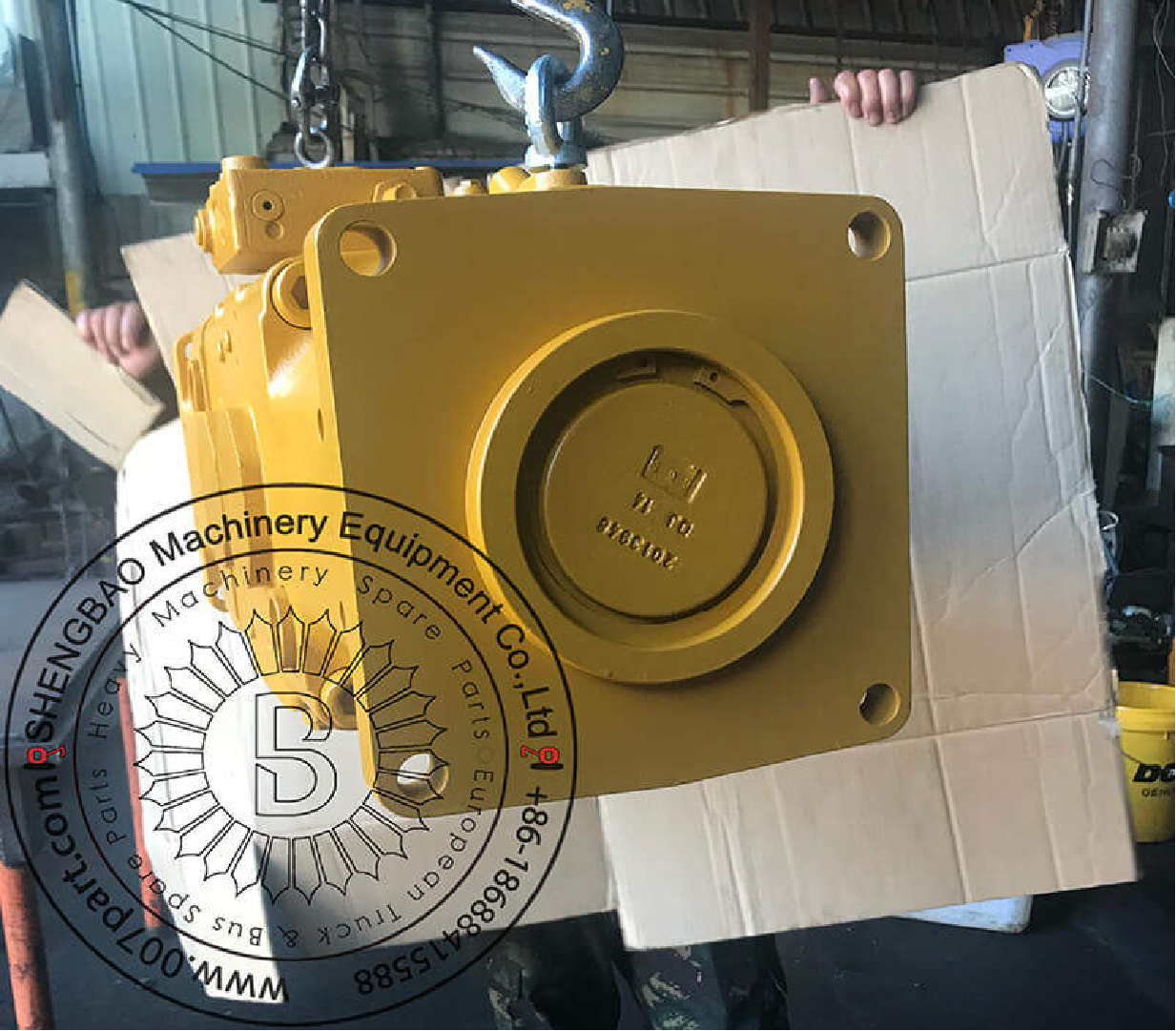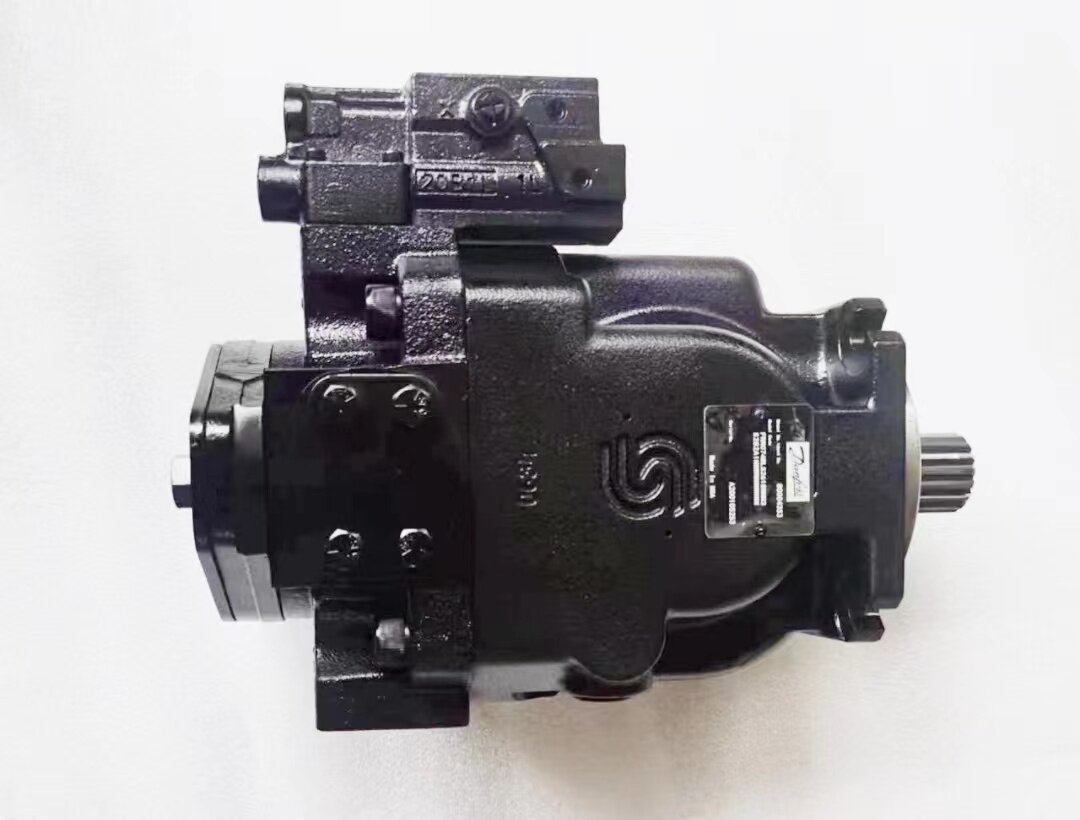Email format error
Email cannot be empty
Email already exists
6-20 characters(letters plus numbers only)
The password is inconsistent
Email format error
Email cannot be empty
Email does not exist
6-20 characters(letters plus numbers only)
The password is inconsistent


Excavators are the workhorses of the construction industry, and at the heart of these powerful machines lies the hydraulic pump. Understanding the working principle of excavator hydraulic pumps is crucial for anyone involved in heavy machinery operations, maintenance, or design. This blog post will explore the intricacies of how these pumps function, their role in the overall performance of an excavator, and the technology that drives them.
The hydraulic system in an excavator is a closed-loop system that uses fluid power to perform work. It is composed of several key components, including the hydraulic pump, valves, actuators (cylinders and motors), and a reservoir for the hydraulic fluid.
The hydraulic pump is the central component that drives the system by converting mechanical energy into hydraulic energy. It supplies high-pressure fluid to the actuators, enabling the excavator to perform various functions such as lifting, digging, and swinging the boom.
There are several types of hydraulic pumps used in excavators, including:
Modern hydraulic pumps are designed to be energy efficient, minimizing power loss and maximizing the transfer of mechanical energy to hydraulic energy. This is achieved through:
The conversion of mechanical energy to hydraulic energy generates heat. Proper heat management is crucial to prevent damage to the pump and other components:
Proper maintenance is essential to ensure the longevity and reliability of hydraulic pumps. Regular checks include:
Troubleshooting common issues such as noise, overheating, or low performance often involves:
As technology advances, the future of hydraulic pumps in excavators is likely to include:
The hydraulic pump is a critical component of an excavator's hydraulic system, responsible for the machine's ability to perform its tasks efficiently. Understanding the working principle of these pumps, their role in energy efficiency, and the importance of maintenance is key to optimizing the performance and longevity of excavators. As the industry moves towards more sustainable and intelligent solutions, the evolution of hydraulic pumps will continue to play a central role in the advancement of heavy machinery.